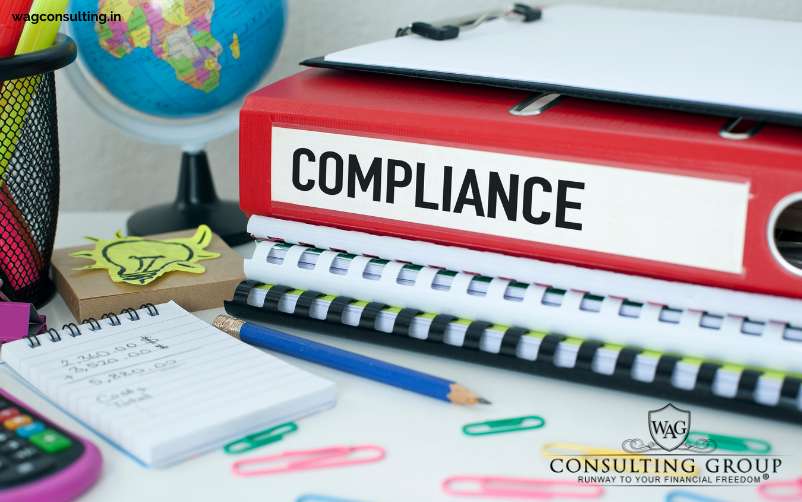Compliance with post-incorporation Regulations for Private Limited Companies
Over the years, establishing a business has been simplified, which encourages firms to comply fully. Management should be informed entirely of post-incorporation compliance requirements to prevent any penalties or sanctions.
The Companies Act 2013 is a strict statute that provides no space for error. “Ignorantia Juris non-excusat” translates as “illiteracy of the law is not an excuse.” This is a legal maxim that states that one cannot avoid accountability based on ignorance of the law. Thus, directors and shareholders must be informed of the legal requirements following the company’s incorporation.
The following are significant acts that must be completed following the formation of a business:
The company shall have its first meeting of the Board of Directors within 30 days of its incorporation, according to Section 173(1) of The Companies Act 2013. Directors may attend the meeting in person or by video conference.
Statutory registers: The company’s registered office shall be required to maintain statutory records. The same must be kept in the required format. Otherwise, the company may face fines.
Share certificate: Within 60 days of incorporation, a shareholder shall get a share certificate. If additional shares are allotted, the period is 60 days from the date of allocation.
Bank account: Businesses must establish a bank account before contacting the authorities for incorporation. Because the corporation is a fictitious entity, transactions cannot be conducted in the name of any living person.
According to Section 12(1), a firm must have a registered office within 15 days of incorporation. This address will be used to accept all official correspondence from the various government agencies. The company must notify the registrar within 30 days after establishment.
It’s all in the name: Every firm must display its name in all locations where it conducts business. It shall be said in the local language. Additionally, the corporation must obtain a seal bearing its name, letterheads bearing the required information, and printed negotiable documents.
Auditor: Section 139(1) requires that the first auditor be appointed by the Board of Directors (BOD), save in the case of a government firm, within 30 days of the company’s registration. In the absence of that, the members shall elect the auditor in an extraordinary general meeting within 90 days. The first auditor’s tenure will expire after the first annual public meeting.
Each director shall disclose their interest in any company/firm/body corporate/association of individuals at the first board meeting, as defined in section 184(1) of the Companies Act 2013. Any modifications to the disclosures must be communicated to the board during its first meeting of the fiscal year. Any independent director must declare during their first board meeting as a director that they fit the criteria for independence.
Books of Accounts: According to section 128, every corporation shall maintain proper books of accounts that reflect an accurate and fair picture of the corporation’s financial condition. The double entry system is to be used, and accounting is to be carried out on an accrual basis.
Certificate of commencement of business: Maximum within 180 days of the company’s formation, it must get a certificate of the source of business. There is a requirement for the company’s directors to file a statement declaring that each subscriber has paid money for the shares purchased.





